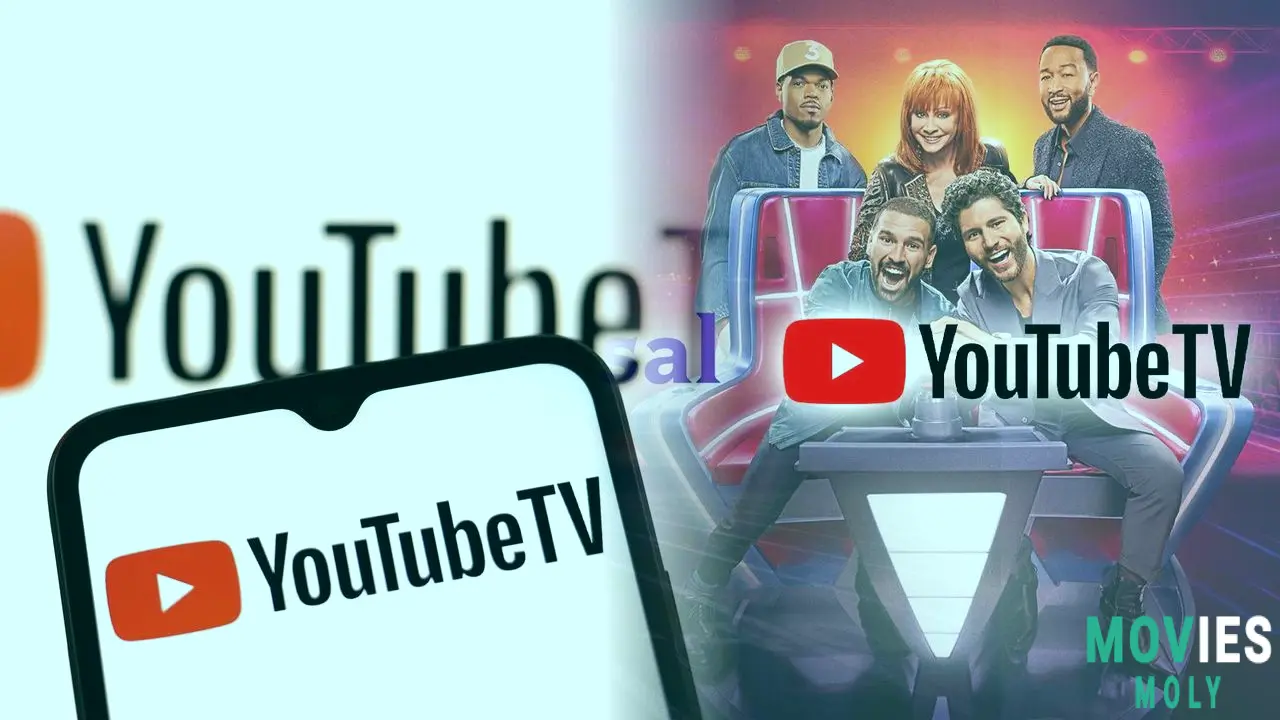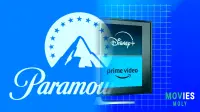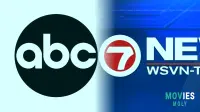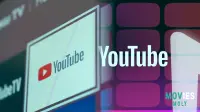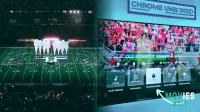The streaming world is a constant battleground, and the latest skirmish between NBCUniversal and YouTube TV proves it. After weeks of public warnings and subscriber anxiety, a short-term extension has kept NBCU channels on Google's live TV service. This temporary peace, however, doesn't solve the core issues. It merely delays a potential blackout that would hit millions of subscribers.
This ongoing dispute is more than just a typical contract negotiation. It highlights the evolving power struggle between traditional media giants and the deep-pocketed tech companies now dominating content distribution. For anyone wondering about the future of their favorite shows and sports on YouTube TV, understanding this battle is essential.
The Core of the Dispute: Money, Content, and ControlAt the heart of the standoff are familiar points of contention: money and control. NBCUniversal wants higher carriage fees for its extensive lineup of channels. YouTube TV, on the other hand, argues that NBCU is asking for rates that are too high, especially when compared to what Peacock charges consumers directly. This financial tug-of-war is a common thread in the streaming market.
Why Carriage Fees Are So Contentious
Carriage fees are the payments that distributors like YouTube TV make to content providers like NBCUniversal to carry their channels. These fees are a significant revenue stream for media companies. They also contribute to the rising cost of streaming services for consumers. Google's massive market value, often cited by media companies, gives YouTube TV considerable leverage. However, traditional media companies like Comcast-owned NBCU see their content as premium and expect to be compensated accordingly.
This isn't just about a few dollars. These fees dictate how much a streaming service can offer its subscribers and at what price. For content providers, it's about valuing their programming in an increasingly fragmented market. For distributors, it's about keeping subscription costs manageable to prevent cord-cutting.
Peacock's Role in the Negotiations
A major point of friction involves NBCU's streaming service, Peacock. YouTube TV reportedly wants to "directly ingest" Peacock's content into its platform. This would allow YouTube TV to integrate Peacock shows and movies seamlessly into its own interface. NBCUniversal, however, wants to protect Peacock as a standalone service. They want to maintain control over subscriber data and targeted advertising opportunities that come with their own app. This push-and-pull over Peacock highlights a broader industry trend: media companies want their own direct-to-consumer platforms to thrive, while distributors want to offer a consolidated viewing experience.
What Channels Were (and Still Are) At Risk?
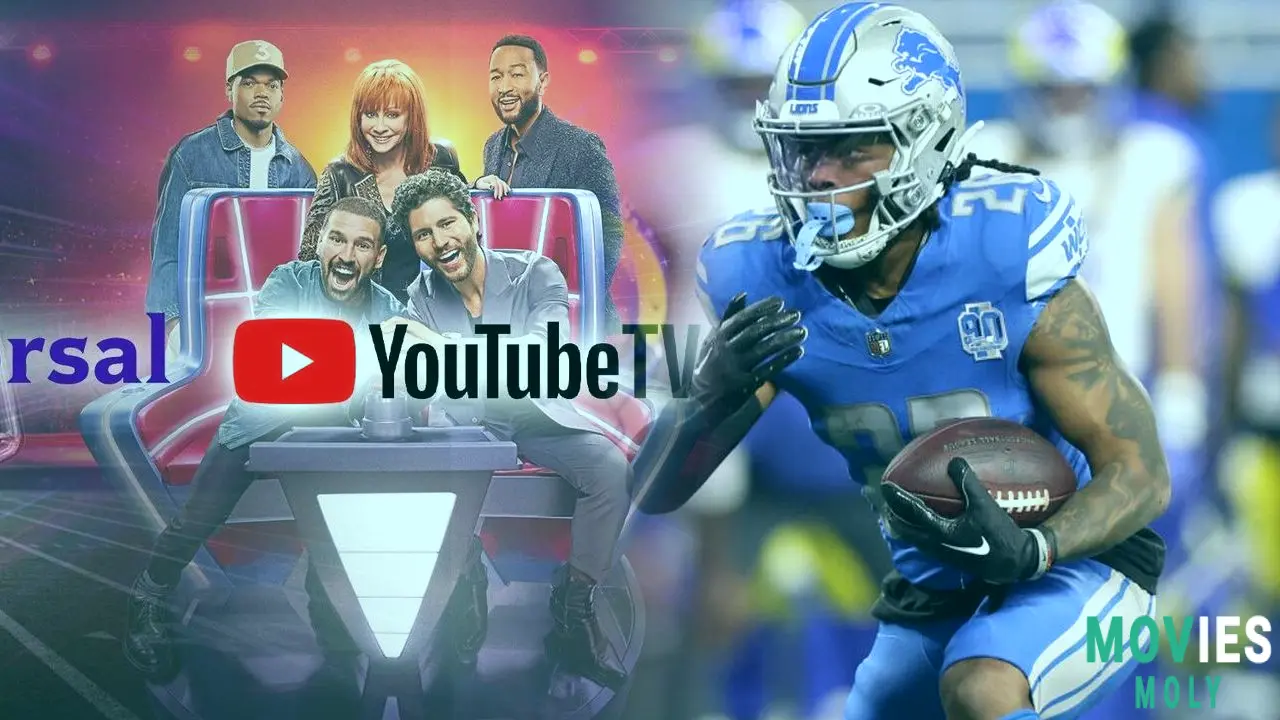
Had a deal not been reached, YouTube TV subscribers would have lost access to a vast array of popular programming. The list includes NBC local stations, USA Network, Bravo, MSNBC, Syfy, E!, Oxygen True Crime, CNBC, Golf Channel, Cozi, American Crimes, NBC News Now, Telemundo, and Universo. Regional sports networks like NBC Sports Philadelphia, NBC Sports Bay Area, NBC Sports Boston, and NBC Sports California were also on the chopping block.
This means major live events and beloved shows would have disappeared. Think about the impact on sports fans who tune in for Sunday Night Football or NBA games. Entertainment enthusiasts would miss out on The Voice and Saturday Night Live. News junkies would lose MSNBC. The temporary reprieve is welcome, but the threat still looms.
From Sunday Night Football to SNL, a YouTube TV blackout of NBC channels would hit subscribers hard. The temporary reprieve is good, but long-term solutions are needed. #NBConYouTubeTV #StreamingWars
— @YourWebsiteName (@YourWebsiteName) October 3, 2025Understanding 'Direct Ingestion': A Key Sticking Point
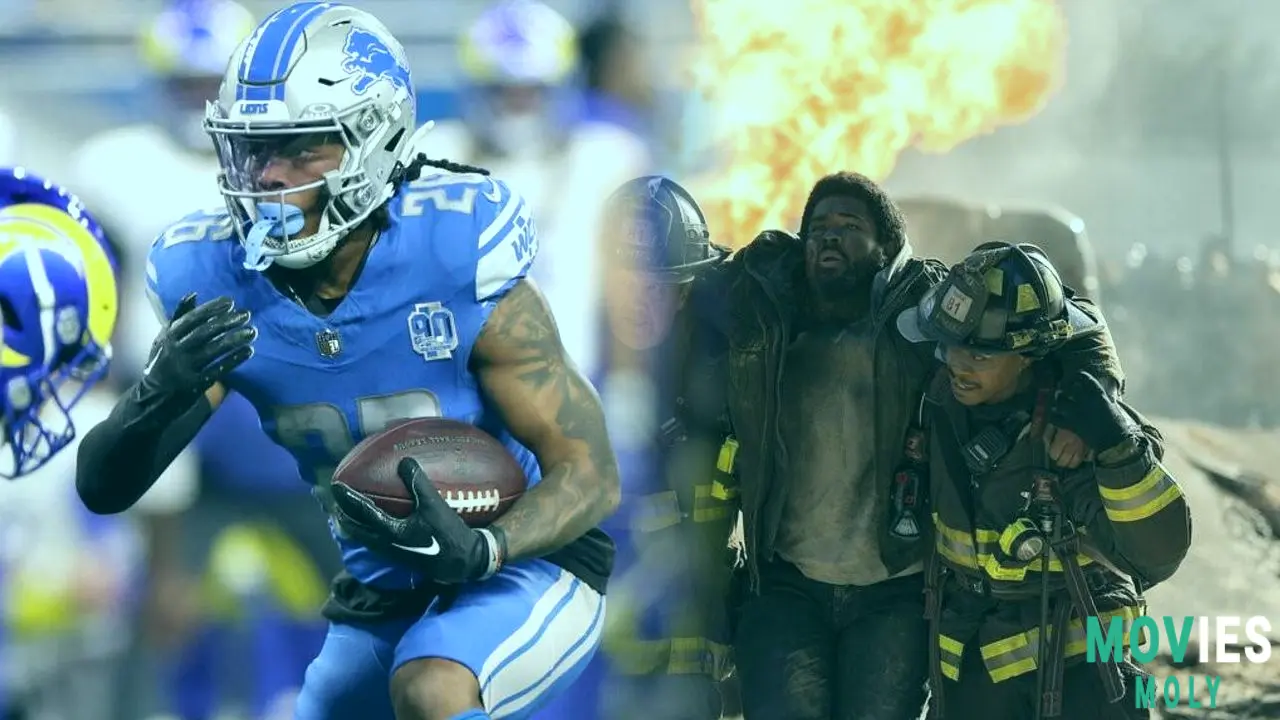
The term "direct ingestion" might sound like technical jargon, but it's a critical issue in this dispute. Simply put, YouTube TV wants to pull NBCU's streaming content directly into its own system. This means that instead of a YouTube TV subscriber having to open the Peacock app to watch a show, that content would be available right within the YouTube TV interface.
From YouTube TV's perspective, direct ingestion offers several benefits. It creates a more seamless user experience, making it easier for subscribers to find and watch content. It also allows Google to gather more comprehensive user data across all content, which can then be used for targeted advertising. For YouTube TV, this is about strengthening its position as a primary content hub and enhancing its core ad business on smart TVs.
NBCUniversal, however, sees this as a threat to Peacock. If their content is directly ingested, Peacock's standalone app loses some of its value. NBCU wants to drive users to Peacock to build its subscriber base, collect its own data, and sell its own ads. They fear that direct ingestion would dilute Peacock's brand and undermine their investment in a separate streaming service. It's a battle for platform control and the lucrative data that comes with it.
Is 'direct ingestion' the future of streaming bundles? YouTube TV wants to integrate Peacock content directly, but NBCU wants to protect its standalone app. A key battleground! #PeacockTV #YouTubeTVNews
— @YourWebsiteName (@YourWebsiteName) October 3, 2025A History of YouTube TV's Content Battles
This isn't YouTube TV's first rodeo when it comes to Carriage Disputes. The service has a documented history of tense negotiations that often spill into public view. This pattern suggests a firm negotiating stance from Google, leveraging its market position and deep pockets.
Prior to the current NBCU situation, YouTube TV faced similar standoffs with other major media companies. They nearly blacked out Paramount networks, eventually reaching a deal in February. Fox Corp. and YouTube TV also had a public back-and-forth before renewing their agreement in August 2025. Just recently, TelevisaUnivision's networks, including Univision, actually went dark on YouTube TV after their contract expired. These instances show YouTube TV's willingness to push negotiations to the brink.
The pattern is clear: YouTube TV negotiates hard, often publicly, and usually reaches a deal. However, the increasing frequency and intensity of these disputes raise questions about the long-term stability and pricing of live TV streaming services.
Another day, another carriage dispute. YouTube TV has a history of these battles. What does this mean for the stability and pricing of live TV streaming services? #StreamingTV #MediaIndustry
— @YourWebsiteName (@YourWebsiteName) October 3, 2025Impact on Subscribers: Your Options and Alternatives
For subscribers, these disputes are frustrating. The threat of losing favorite channels can feel like a betrayal, especially when paying for a service specifically to avoid traditional cable. However, there are actionable steps you can take if a blackout occurs.
How to Watch NBC, Bravo, USA, and More Without YouTube TV
- Other vMVPDs: Services like Hulu + Live TV, Sling TV, or FuboTV also carry many NBCUniversal channels. If a blackout becomes permanent, switching services is an option. However, always check channel lineups and pricing carefully.
- Peacock Premium: For NBC-specific content, a Peacock Premium subscription is a direct alternative. It offers a wide range of NBC shows, movies, and live sports. While it won't replace a full live TV bundle, it's a solid option for dedicated NBCU fans.
- Antenna: Don't forget the basics! A simple over-the-air antenna can pick up your local NBC affiliate for free. This is a reliable way to get live NBC programming without any streaming service.
- Individual Channel Apps: Many NBCU cable channels have their own apps that allow you to watch content, often requiring a cable or live TV streaming login. Some offer limited free content.
What if a Blackout Happens?
In past disputes, YouTube TV has offered subscribers a credit if channels go dark for an extended period. They have indicated a $10 credit would be available if NBCU content becomes unavailable. While a credit is a small consolation for lost content, it shows YouTube TV's awareness of the subscriber impact.
The YouTube TV-NBCU saga continues! A short-term extension averts immediate blackout, but the core issues of carriage fees & 'direct ingestion' remain. #YouTubeTV #NBCUniversal #StreamingNews
— @YourWebsiteName (@YourWebsiteName) October 3, 2025The Bigger Picture: Future of Streaming and Pay-TV
These tech-vs-media battles are more than just isolated incidents. They represent a fundamental shift in the television ecosystem. The rise of cord-cutting has forced traditional media companies to adapt, launching their own streaming services like Peacock. Meanwhile, tech giants like Google are expanding their reach into live TV distribution, challenging the old guard.
Industry experts believe these disputes will continue to shape the streaming market. The demand for "direct ingestion" could become a standard negotiating point, forcing media companies to rethink how they distribute content and protect their standalone streaming apps. This could also lead to more consolidation or new alliances as companies seek to gain an advantage.
There are also potential legal and regulatory angles. As tech giants gain more dominance in media distribution, questions about antitrust implications and fair competition could arise. The balance of power is clearly shifting, and the long-term implications for consumers, content creators, and distributors are still being written.
Google's deep pockets vs. NBCU's content power: This carriage dispute highlights the evolving battle for control in the streaming world. Who wins? Consumers hope for a fair deal. #CordCutting #TVNews
— @YourWebsiteName (@YourWebsiteName) October 3, 2025 Expert Predictions: Will a Long-Term Deal Be Reached?While the short-term extension provides a breather, a long-term deal between NBCUniversal and YouTube TV is far from guaranteed. The core issues, particularly around "direct ingestion" and carriage fees, remain unresolved. Both sides have strong incentives to reach an agreement, but neither seems willing to concede easily.
YouTube TV wants to maintain its competitive edge as a leading pay-TV distributor. NBCUniversal wants to ensure its content is valued and its streaming platform, Peacock, can thrive. The outcome will set a precedent for future negotiations, not just for these two companies, but for the entire streaming landscape. Subscribers can only hope that a fair resolution is found, allowing them to continue enjoying their favorite shows without further disruption.

